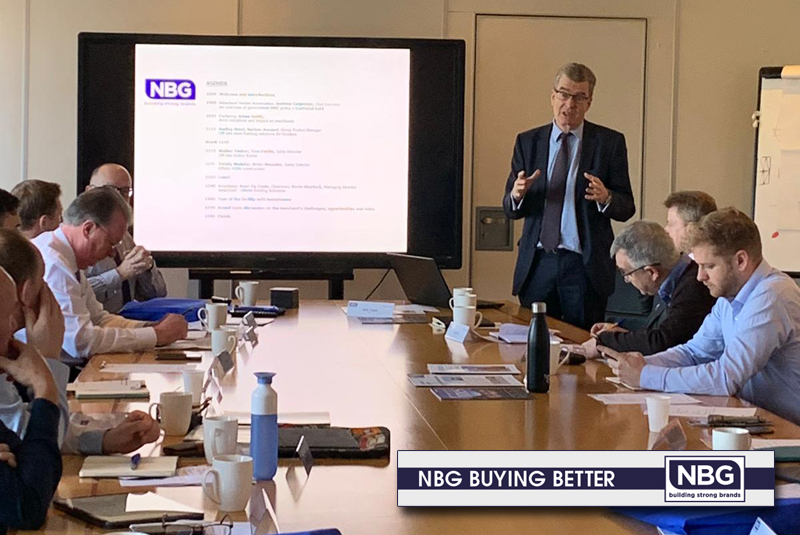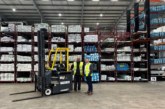
Pre-lockdown, National Buying Group organised a workshop for its Partners to give them an insight into how changes in construction methods are challenging the traditional build routes to market. Here, NBG discusses the potential impact of MMCs on the merchant market.
A zero-carbon agenda, reduction in plastics use, skills shortage, and a Government commitment to deliver 300,000 homes a year means that it was becoming a challenging time to be working in construction, even before COVID-19 hit. As local authorities look for faster solutions to the affordable housing crisis, there is a growing market for off-site building.
Known as Modern Methods of Construction (MMC), building houses in a factory environment is gaining momentum, as it is perceived to eliminate many of the quality, energy efficiency, speed and skills issues that have plagued the industry in recent years. A few months ago, NBG hosted an MMC seminar in partnership with Keystone Group to delve into this new market and explore what its growth will mean for our sector.
We learned that Mark Farmer’s 2016 report — ‘Modernise or Die’ — led to the establishment of an MMC cross-industry working group which is working to establish the business case and create guidance for the adoption of MMC in the housing market. The group’s work on an MMC definition framework, which sets out seven categories of MMC modular building, has informed the hotly anticipated Future Homes Standard.
We invited a group of NBG’s Partners to the seminar to hear from building product manufacturers who have embraced the new techniques. In the Brick and Block sector, Adam Smith from Forterra showed how it was embracing innovation to protect and grow market share with Surebrick, a next generation brick slip system. Using a rail system, structures can be built eight times faster, reducing the need for skilled labour on site and enabling contractors to meet challenging financial targets and schedules.
Nathan Annand from Hadley Steel explained how steel framed structures had many advantages. Using knowledge gained from working in the automotive sector of just-in-time systems and Kanban processes that streamline and speed up production, the company has focused on improving the logistics around the build.
Tom Fairlie at Walker Timber supplies timber frame houses and has been working with Lovell to meet ambitious targets. Using off-site manufacturing, land can be prepared while houses are being built, halving the time it takes to build each home.
Meanwhile, Brian Maunder at Totally Modular is taking off-site house manufacturing one step further by delivering a house that is as complete as possible, so there is very little left to do on site. This reduces waste on site, from an average of 8-12% of lost materials, down to just 1%.
NBG is open to working with innovative Suppliers to create great deals for our Partners so they as independent merchants can lead the way in bringing these new innovations to housebuilders across the UK.
The rise of MMC is both a threat to traditional routes and opportunity to create a potentially new and exciting market for NBG Partners. Just-in-time manufacturing promises to speed up the delivery of new housing, but it requires each factory to have a bank of trusted, local providers that can supply products quickly with limited advance notice.
This is a service that our Partners and Suppliers would be able to work together to provide, and we are excited to be at the forefront of these innovations.
For more information, visit www.nationalbuyinggroup.com









